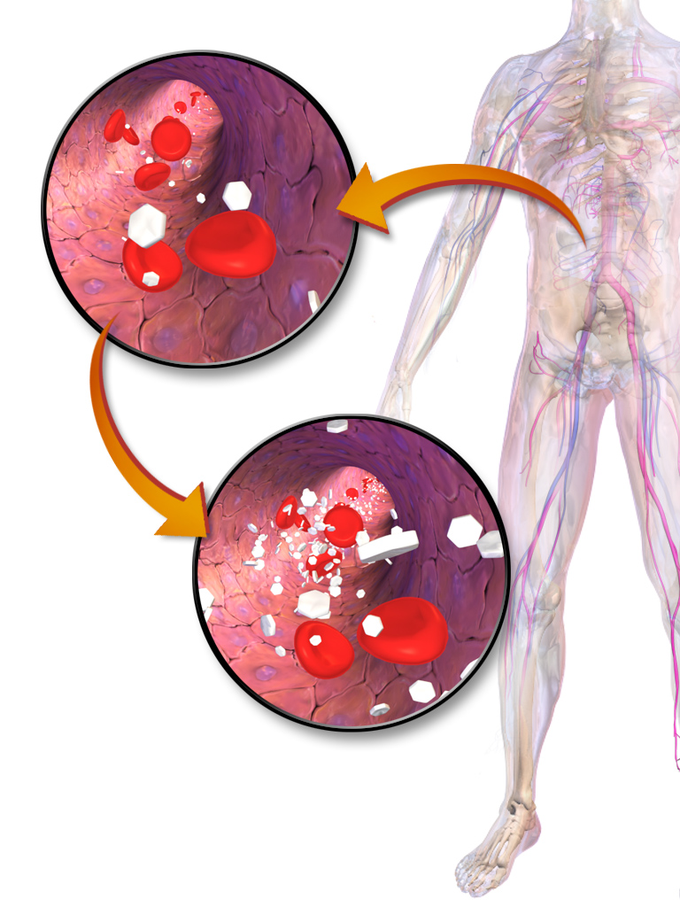


Causes of hyperglycemia
During digestion, the body breaks down carbohydrates from foods — such as bread, rice and pasta — into sugar molecules. One of the sugar molecules is called glucose. It's one of the body's main energy sources. Glucose is absorbed and goes directly into your bloodstream after you eat, but it can't enter the cells of most of the body's tissues without the help of insulin. Insulin is a hormone made by the pancreas. When the glucose level in the blood rises, the pancreas releases insulin. The insulin unlocks the cells so that glucose can enter. This provides the fuel the cells need to work properly. Extra glucose is stored in the liver and muscles. This process lowers the amount of glucose in the bloodstream and prevents it from reaching dangerously high levels. As the blood sugar level returns to normal, so does the amount of insulin the pancreas makes. Diabetes drastically reduces insulin's effects on the body. This may be because your pancreas is unable to produce insulin, as in type 1 diabetes. Or it may be because your body is resistant to the effects of insulin, or it doesn't make enough insulin to keep a normal glucose level, as in type 2 diabetes. In people who have diabetes, glucose tends to build up in the bloodstream. This condition is called hyperglycemia. It may reach dangerously high levels if it is not treated properly. Insulin and other drugs are used to lower blood sugar levels.

